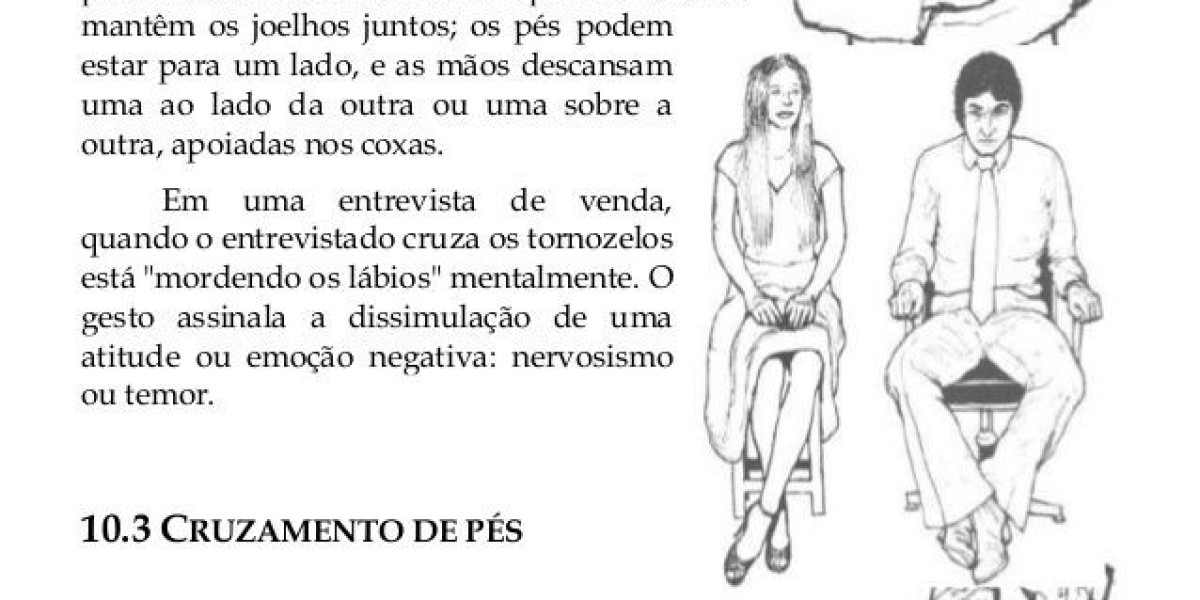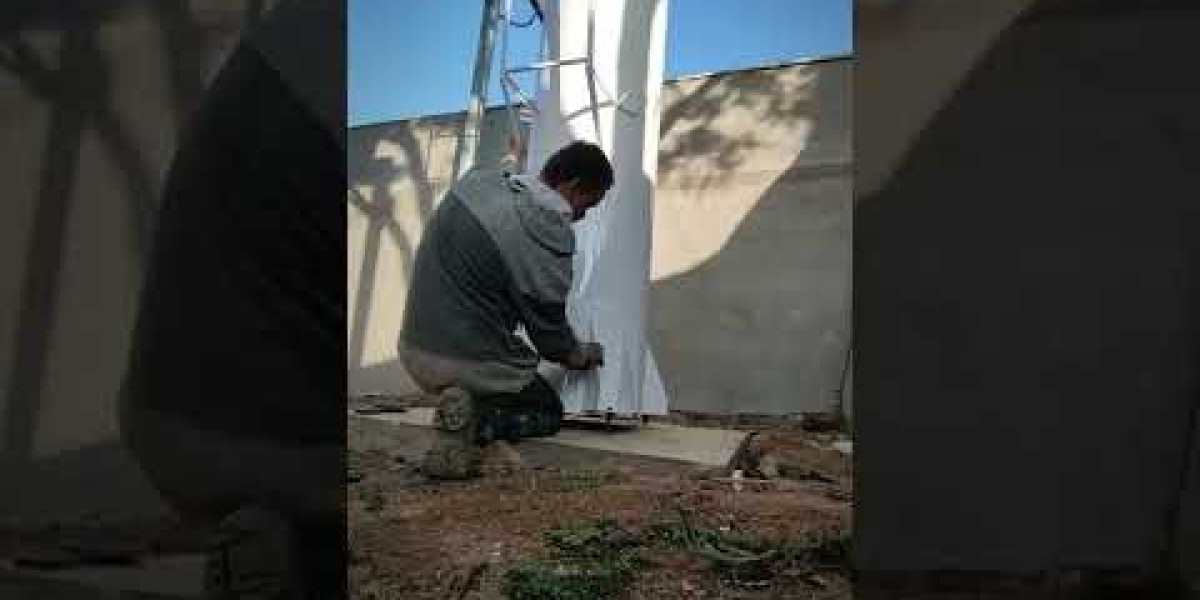However, the extent to which these interventions can change persona traits long-term continues to be a topic of debate among psychologists. Like most persona trait assessments, the PEN mannequin is unable to predict future behaviors of people, even using the model permits for a greater understanding of individuals’ personalities. Openness (also referred to as openness to experience) emphasizes imagination and perception essentially the most out of all 5 persona traits. People who are excessive in openness are probably to have a broad range of interests. They are curious concerning the world and other individuals and are desperate to be taught new issues and enjoy new experiences. Psychologists have developed quite lots of ways to define and arrange the span of character traits.
First, we begin by hypothesizing that a selected assemble will apply to a selected event. The time period "negativity bias" refers to the brain’s tendency to react more strongly to unhealthy things—dangers, threats, mistakes, or problems—than to good issues, similar to pleasure, alternative, and pleasure. Although the negativity bias has helped people survive by alerting us to attainable threats, analise da linguagem corporal it makes it more durable for us to loosen up, enjoy life, and be joyful. Whatever emotion is causing you distress, latest research shows that labeling it could ease your upset feelings and assist you to feel more in control. Attaching a label to an emotion moves your mind activity from the fight-or-flight area (the amygdala) to the considering area (the prefrontal cortex). [newline]No one is conscious of precisely what the thoughts is or how the brain creates it. It is commonly difficult to reside with a character dysfunction, but there are therapy choices such as therapy and drugs that can assist.
When issues get powerful, they search for ways to enhance their abilities and keep working toward success. The capability of which means to permit us to wake up every morning and do what needs to be carried out requires that which means be current even in struggling. Although all human lives matter, they all also end and, within the grand scheme, could not maintain the promise of a place in historical past, threatening our sense of significance. Similarly, though life very often is sensible, random, mindless occasions do happen that may destabilize our sense of coherence—from pure disasters to random acts of horrific violence. But objective may be the side of that means that's least dependent on happenstance. No matter the circumstance, purpose—the capacity to invest in goals—is available, promising to imbue life with which means. Even as your nose is firmly "to the grindstone," clear eyes can be trained on a broader life dream.
Popular culture and popular protest were among the central pursuits of this method, which aimed to know the feel of the lives of individuals who, although they helped to make history, had been all too often forgotten by it. One of sexologist Wilhelm Reich's most formidable and enduring theories claims that sexuality and sexual repression play a central role in the production and reproduction of sophistication constructions and hierarchies. From 1927–1933, Reich combined his sexological work together with his communist political convictions in a motion that turned known as sex‐pol. Reich developed a few of his most provocative and potentially emancipatory theories by way of this empirical work with members of working‐class communities. Though they often remain nameless in his writings, the traces of their voices stay audible all through. In this paper, I make use of a Gramscian method, developed by post‐colonial students, to learn for the trace of proletarian voices in Reich's archive.
Wilhelm Reich and Orgone Energy Accumulator
During his years in America, Reich was followed and supported by devoted believers, together with physicians, laymen, and artists. At the time of this writing, 1965, the Reich cult seems to be in decline but not extinguished. Born in 1897 in Dobrzcynica, within the area of Galacia that was a part of the Austrian Empire, Reich's family soon moved to Jujinetz in Bukovina in the Ukrainian area of Austria. Reich was educated at residence by tutors until age 14, when he entered the German gymnasium at Czernowitz. At 12, Reich advised his father about an affair between his mother, Cecile Roniger, and one of his tutors. Following his father's death in 1914, Reich managed the farm and cared for his youthful brother while attending college. After graduating in 1915, he joined the Austro-Hungarian military, changing into an officer on the Italian front.
Since it seemed clear to Reich that the energy noticed visually was radiation of some type, Reich decided to put bionous solutions in a Faraday cage, a screened enclosure whose acknowledged function was to eliminate the affect of exterior "static electricity" and other forms of vitality. The observed radiation effects of the bionous options did not diminish in the enclosure; indeed, they appeared enhanced. Later Reich’s work in Oslo with the Faraday cage yielded the perception that led to his orgone power accumulator, an enclosure consisting of a metal lined internal core (a Faraday cage), surrounded by layers of non-conducting material (such as wool). Eventually a quantity of layers had been used of alternating metal and non-metallic material.
Reich discovered that inhibited respiration, chronic muscular tensions, and fixed patterns of considering and habits had been all reflections of the same defense mechanism. Reich termed the totality of these psychological and somatic coping mechanisms, "armoring". Reich believed that his orgone accumulators may present a therapy for most cancers and different situations. Reich argued that unreleased psychosexual power could produce actual bodily blocks inside muscle tissue and organs and that these act as "body armor" that prevents the discharge of the vitality causing these blocks. After the struggle, Reich enrolled in the medical faculty of Vienna, where he was indoctrinated by Sigmund Freud into the Vienna Psychoanalytic Association.






